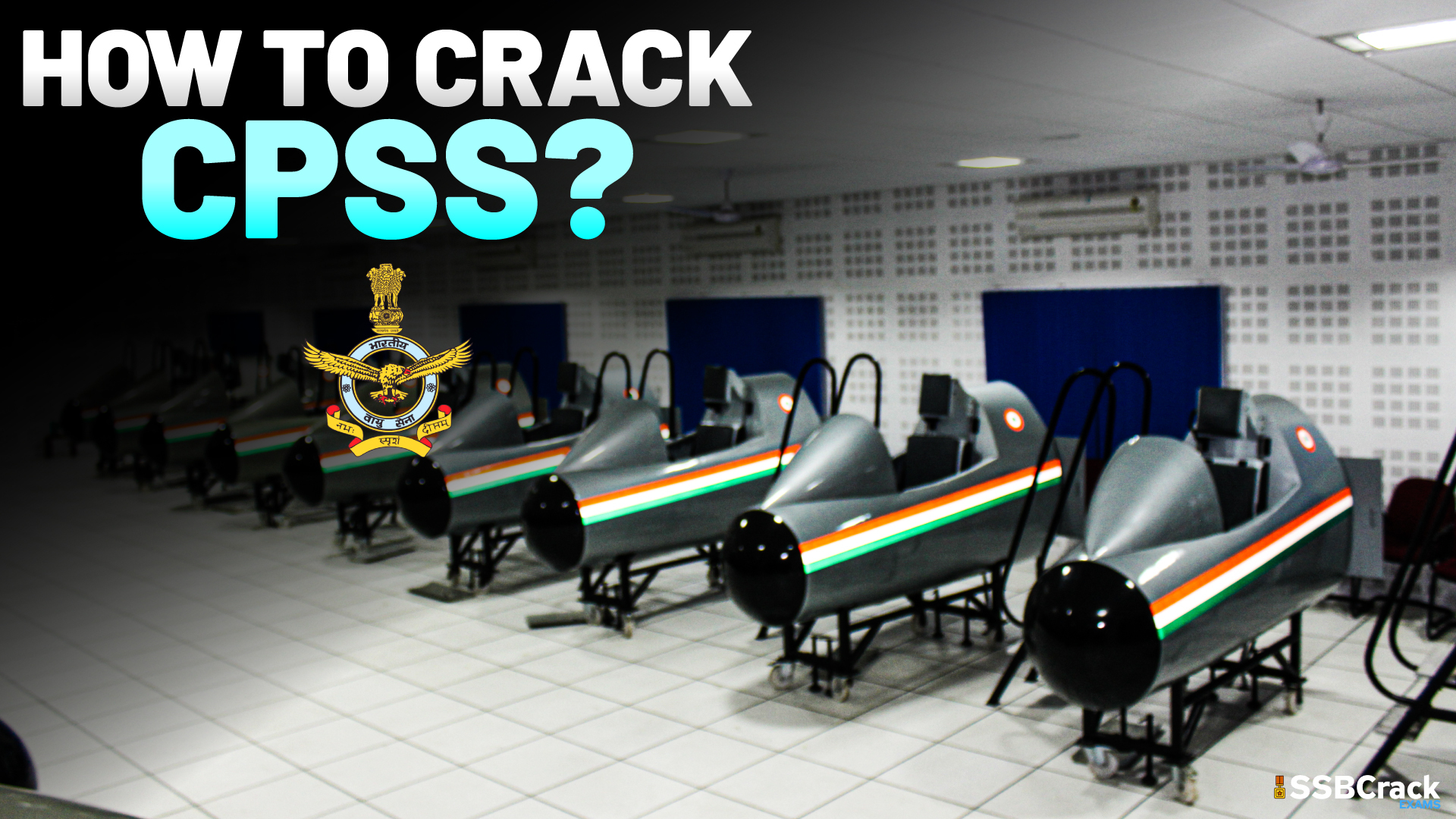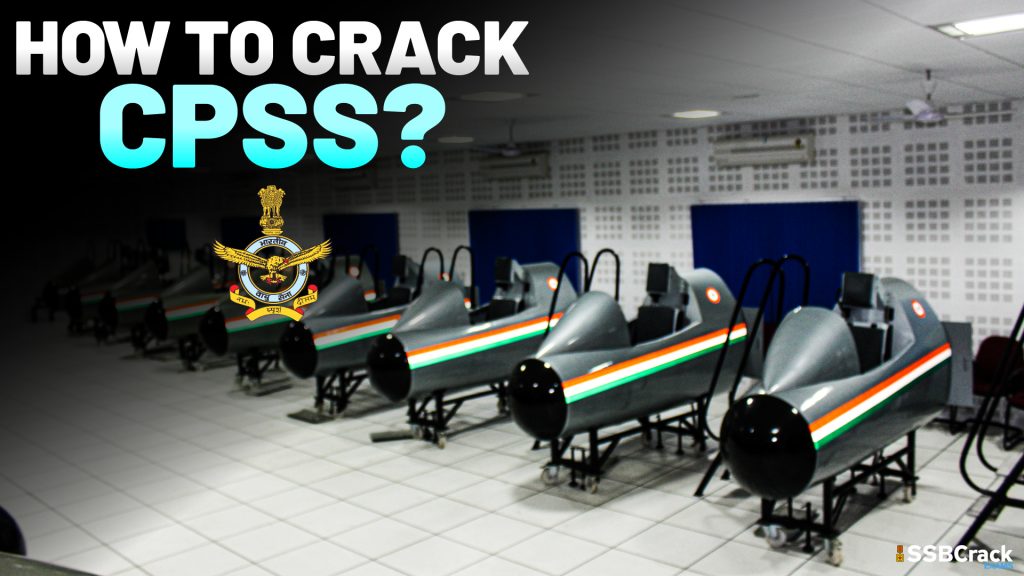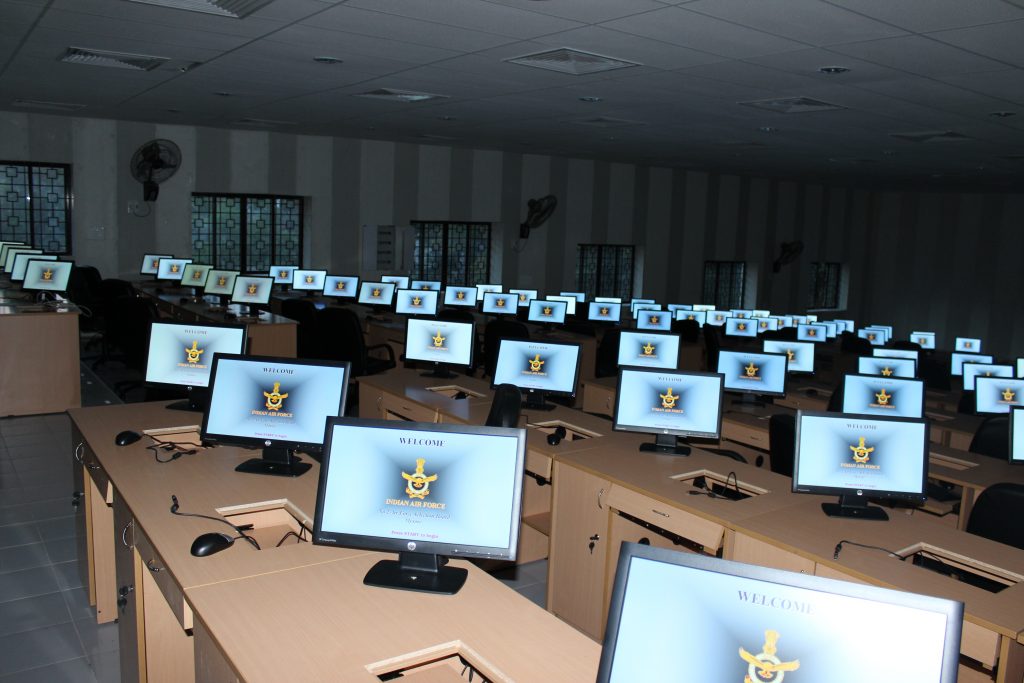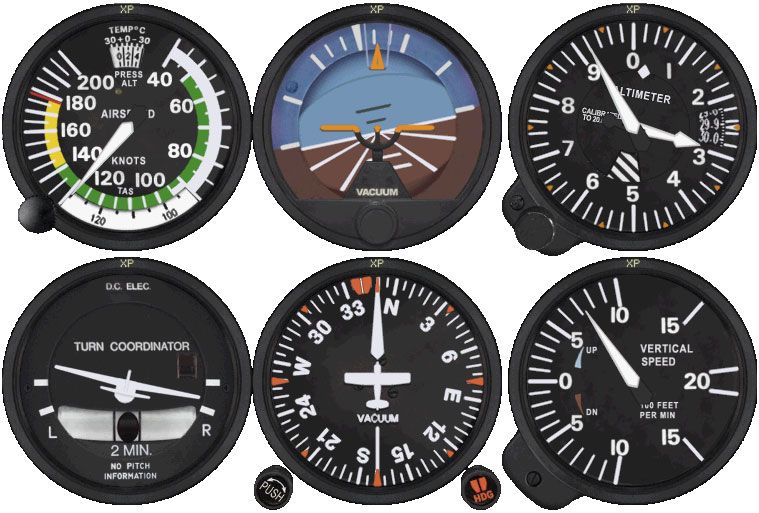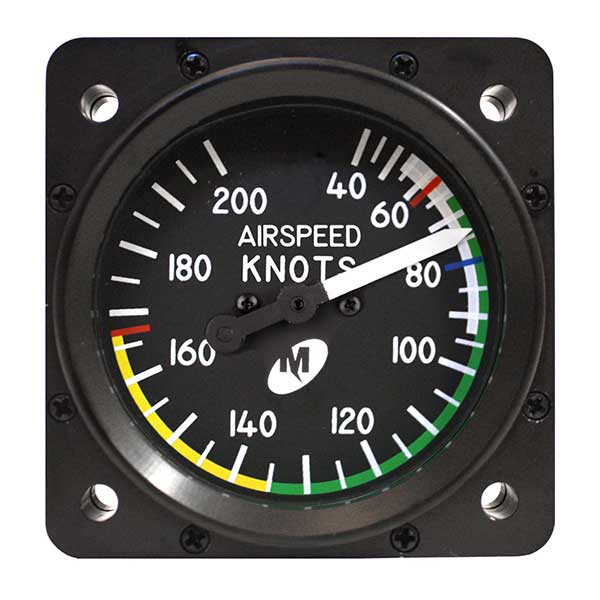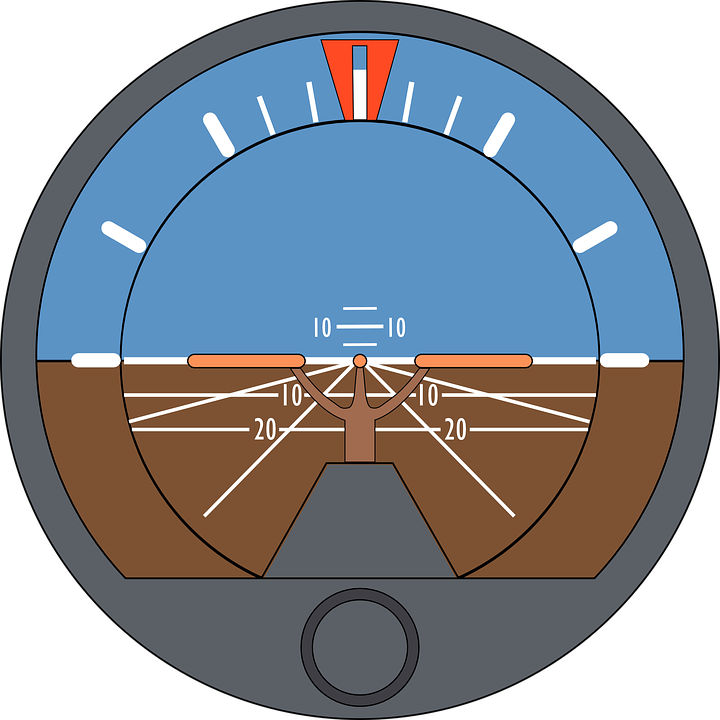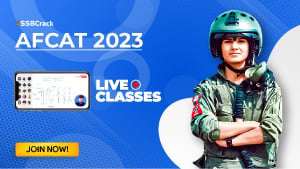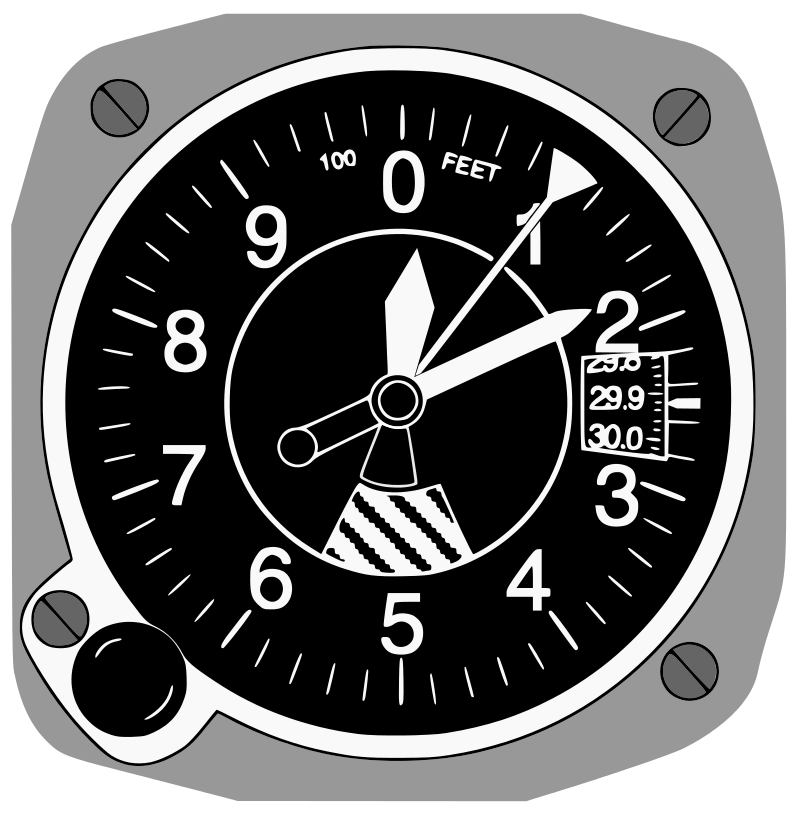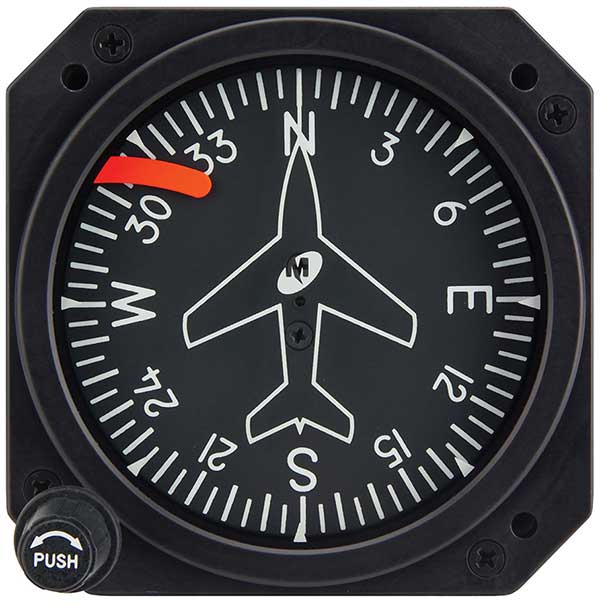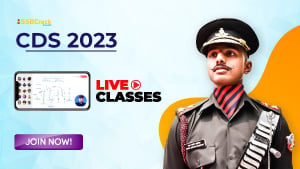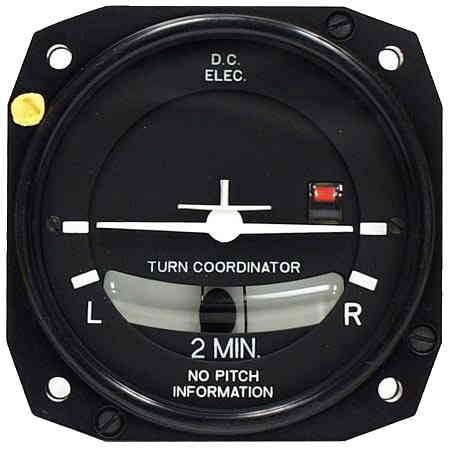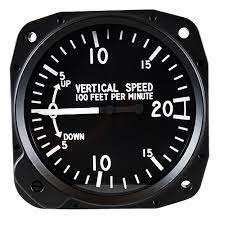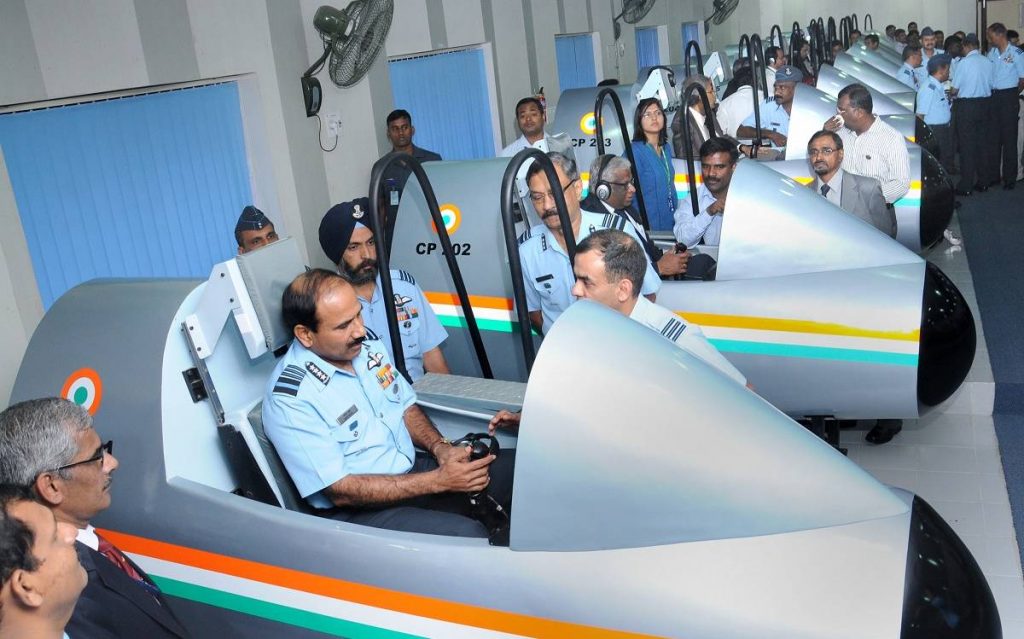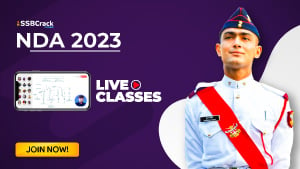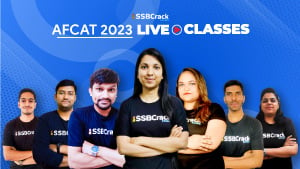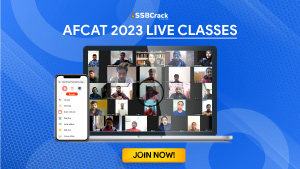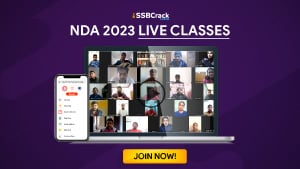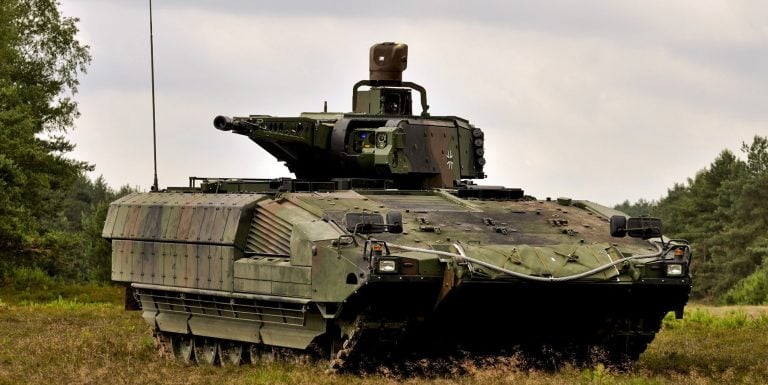Hello, Defence Aspirants! Many aspiring defence personnel wishes to fly. To be considered for any flying branch of the Indian armed forces, candidates must pass the Computerized Pilot Selection System (CPSS). In this article, we will go over CPSS in depth. We will also assist you in better preparing for the CPSS.
After the Service Selection Board recommends a candidate, CPSS is conducted for new recruits. A single-time test is the CPSS. The contestant only has one chance in their entire lives to pass the test. A candidate cannot enlist in any flying branch of the Indian armed forces if they fail the CPSS. Candidates who choose the air force can join the technical and nontechnical ground duty branches. Following the board’s recommendation of the nominee, CPSS is undertaken. Candidates who regularly wear eyeglasses or contact lenses of any kind are ineligible for the CPSS. In CPSS, there are two phases.
Stage-1
The first stage of the CPSS is an assessment of the candidate’s ability to multitask. It determines whether the candidate can perform multiple tasks under duress at the same time. First, the candidates are thoroughly briefed on the six basic instruments. Then, typically, a 15-question MCQ quiz is administered. The test will last 30 minutes. In this test, one or more reading instruments are displayed on a screen alongside a mathematics or logical reasoning question. Let us now take a quick look at these instruments
.
Airspeed Indicator
An airspeed indicator functions similarly to an aeroplane’s speedometer. Without any angle of attack, it depicts the speed of air striking the plane’s wings. A straightforward pitot tube is used to determine airspeed. The reading is displayed in knots, the common airspeed measurement. On a circular dial, a needle indicates the airspeed. The range of airspeed for a Cessna 172 is 0 to 200 knots. From the stall speed (40 knots), the dial turns green, and it stays green until the safe cruising speed.
Artificial Horizon
It is a device that simultaneously displays the aircraft’s roll and pitch. It has a rotating disc or globe and is gyro-controlled ( in analogue versions). The disc is coloured blue on one half and brown on the other. The brown area represents the land, and the blue area the sky. These areas are divided by a white line that also serves as the horizon. The disk’s motion is comparable to how the horizon appears in the cockpit of an aeroplane.
Altimeter
The altimeter is a device that displays the aircraft’s height relative to the ground. It operates on the basis of radio wave reflection. Two needles on an analogue altimeter resemble the hour hand and minute hand of a conventional clock. The rotation is anticlockwise, and the dial reads from 0 to 10. The minute hand’s reading should be multiplied by 100 feet, and the hour hand’s reading should be multiplied by 1000 feet. Adding the two data yields the aircraft’s altitude. It is just as easy to read an altimeter as a typical analogue watch.
Heading Indicator/Directional Gyro
A heading indicator is nothing more than a straightforward compass that shows the direction in which the aircraft is travelling. The directions are separated into 360 degrees to define this movement. 0 degrees are given to the North, 90 degrees to the East, 180 degrees to the South, 270 degrees to the West, and 360 degrees to the North once more. Any angle between 0 and 360 degrees can be given a number. “Heading” is the name of this reading. The current heading is determined by the reading at the needle’s tip.
Turn Coordinator
The turn coordinator is a simple device that displays the angle between the aircraft’s wings and transverse axis with respect to the horizontal. Simply put, it displays the wings’ baking angle. It features a picture of the actual aeroplane, which spins in tandem with the wing banks.
Vertical Speed Indicator
A device that displays the aircraft’s rate of ascension or descent is called a vertical speed indicator. The reading is provided in feet per second. The 9 o’clock position on a conventional clock corresponds to the zero position of a single needle. The rate of ascent and descent are shown by rotating counterclockwise and clockwise from the zero point, respectively.
Cognitive Ability Test
- 6 tests are there
- Total Questions: 212 (MCQ Based)
- Total Time: 2 hours 30 minutes
| S. No | Test Name | Questions | Time | About |
| 1 | INSB 1 | 15 | 10 Mins | Recognizing Scales and meters Magnetic CompassAirspeed IndicatorAltimeterAltitude IndicatorVertical Speed IndicatorTurn Coordinator |
| 2 | INSB 2 | 60 | 20 Mins | Determining position of airplane from instruments |
| 3 | Spatial Ability Test | 30 | 15 Mins | Perceiving 2D, 3D Figures in Space |
| 4 | Spatial Visualization Test | 57 | 5 Mins | Perceiving position of object in space |
| 5 | Numerical Reasoning Test | 20 | 20 Mins | Numerical Skills |
| 6 | Reasoning Test | 30 | 15 Mins | Verbal and Non Verbal reasoning |
Stage-2
If the candidate passes stage 1, they will be taken to a cockpit simulator where they will be forced to use a Joystick and pedals to play some basic computer games. Simple HOTAS is used for the joystick. The test evaluates the candidates’ coordination between their hands, feet, and legs. There are typically 10 different games, and each game has three chances to be completed. To pass a game, a candidate needs to achieve a certain score.
Psychomotor Test
- 10 tests are there
- 4 tests for each test are given (best attempt is taken )
- Total time: 1 hour 30 minutes
| S. No | Test name |
| 1 | Sensory Motor Test |
| 2 | Control Velocity Test |
| 3 | Dual Task Test |
| 4 | Dot Estimation Test |
| 5 | Speed Anticipation Test |
| 6 | Size Anticipation Test |
| 7 | Pursuit Tracking Test |
| 8 | Memory Recalling Test |
| 9 | Colour Naming Test |
| 10 | Vigilance test |
Tips to crack the CPSS Test
Be a Good, Attentive Listener: The most crucial trait for the growth of psychomotor abilities is the ability to listen well and attentively. Each and every point required to pass the test is covered in detail in the explanation of the instruments. As a result, the applicant should pay close attention to what the officer says and comprehend every aspect. Once this is accomplished, the fight is already half-won. This is helpful in the Apparatus Reading Test and the Plane Position Test, both of which require candidates to read and comprehend the aircraft’s instruments.
Play Computer Games: Everyone enjoys playing computer and mobile games, therefore if you are a gamer, you are in luck. According to research, persons who play video games for 14 hours nonstop have significantly improved decision-making skills by up to 25%. While I’m not advocating that you spend the entire day playing video games, do play some brain-challenging games. “Duet” is my personal favorite brain-training game. It is available on the Play Store. This is beneficial for the Light Control Test, in which you must sit before a CRT monitor and control a plane (pun intended).
Exercise and meditate: The best approach to make your body parts coordinate well is to regulate your brain, which controls how your body performs. If you could master this, your limb coordination would also be mastered. Do 20 minutes of meditation twice daily. If it is not possible, beginning with 5–10 minutes of morning meditation would be an excellent place to start. Exercise for at least 30 minutes each day to maintain your muscles strong and flexible.
Check your diet: Consuming foods high in fibre will eventually assist your brain gain that extra energy. Additionally, attempt to restrict your use of coffee, Cokes, and other beverages that contain caffeine. Get at least 6 hours of restful sleep tonight. Limit your intake of dietary supplements and drink plenty of water throughout the day. Grab some carrots and take some cod liver oil for your eyes.
Self-Introspection: Only the things you demonstrate to the examiner will be observed. Therefore, it is better to know yourself well and display your greatest OLQs. Starting is never too late. Get busy right away by doing it! This is evaluated during the written exam. Keep a journal and record all of your accomplishments, no matter how minor or insignificant they may seem. You’ll be pleased with it at the end, and it’ll inspire you.
Mental preparation and practice: This is a crucial part of becoming an officer pilot. Military pilots need to be alert and capable of handling unexpected physical and mental challenges. Be mentally prepared for the decision you’re making and its effects. The Fifth Generation of fighter aircraft has made it much more difficult for pilots to make quick decisions that will prevent aircraft loss or, in the worst-case scenario, loss of life.
To crack the SSB Interview, You can join our SSB interview live classes batch and we recommend you to Enroll SSB INTERVIEW ONLINE COURSE. Trusted by thousands of defence aspirants.
Also read:
